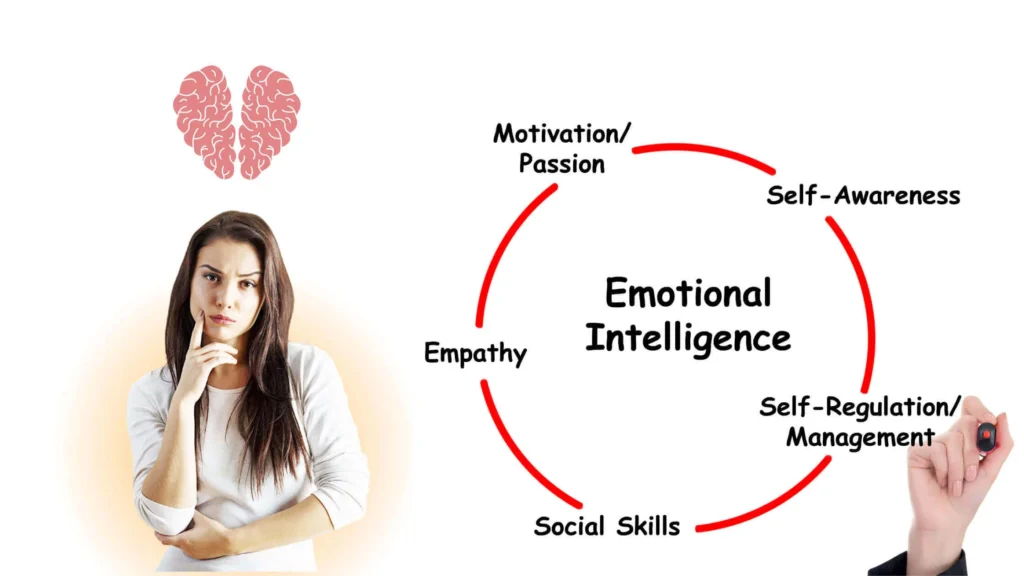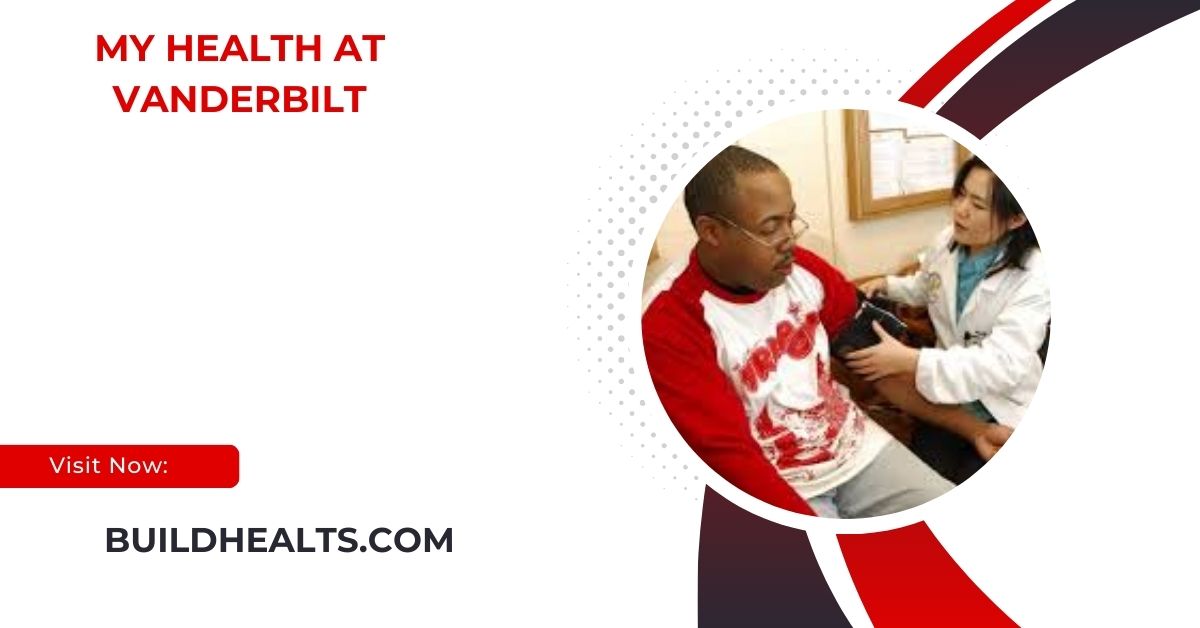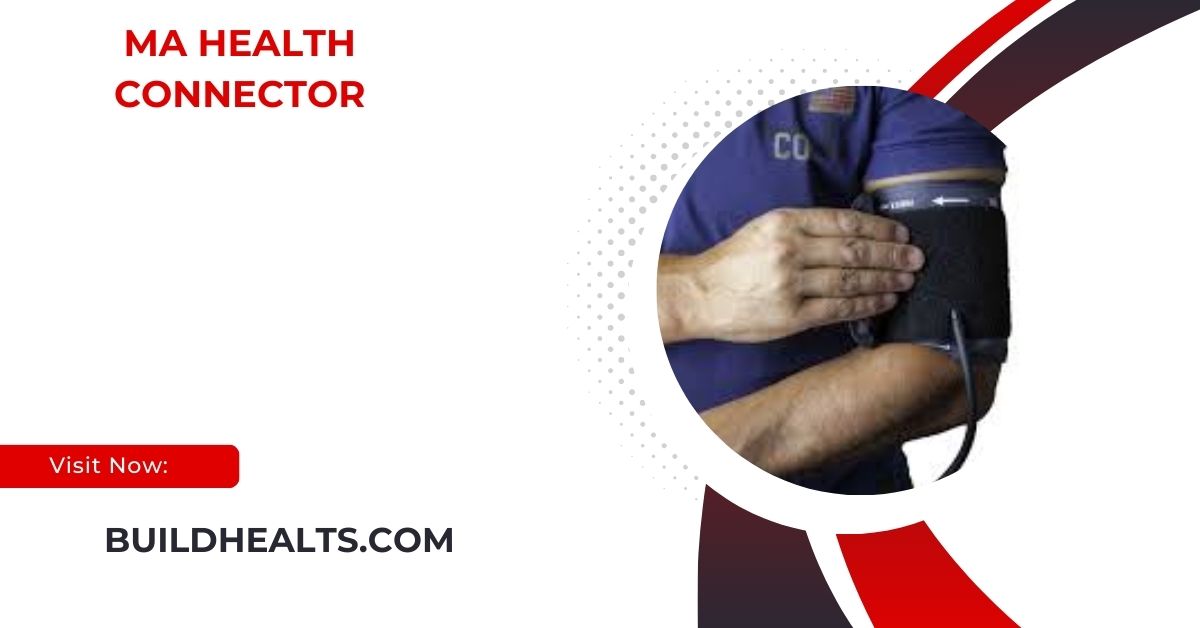To become a mental health counselor, earn a bachelor’s degree, gain experience, pursue a master’s, complete clinical hours, obtain licensure, and consider certification.
This article provides a step-by-step guide on how to become a mental health counselor, including education requirements, necessary skills, and steps to build a successful career in this field.
Understanding the Role of a Mental Health Counselor:

What Does a Mental Health Counselor Do?
Mental health counselors are professionals who help individuals deal with emotional, mental, and behavioral issues. They provide support and guidance to people facing challenges like depression, anxiety, stress, relationship problems, and trauma. Counselors use various therapeutic techniques to help clients understand their feelings, develop coping strategies, and improve their mental well-being.
Why Become a Mental Health Counselor?
Choosing to become a mental health counselor can be fulfilling for several reasons:
- Helping Others: You have the opportunity to make a significant positive impact on people’s lives. Knowing that your work can help someone overcome their struggles can be incredibly rewarding.
- Diverse Work Environment: Counselors can work in various settings, such as schools, hospitals, private practices, and community organizations. This variety allows you to find a work environment that suits your preferences and skills.
- Growing Demand: The need for mental health services is increasing globally. This growth leads to more job opportunities in this field, offering stability and security in your career.
Steps to Become a Mental Health Counselor:
Step 1: Obtain a Relevant Bachelor’s Degree
The first step to becoming a mental health counselor is to earn a bachelor’s degree. While a degree in psychology is the most common path, other related fields such as social work, sociology, or human services can also be acceptable.
Key Courses to Consider:
During your bachelor’s program, focus on courses that cover:
- Psychology: Understand human behavior and mental processes. This foundational knowledge will be crucial as you progress in your studies and career.
- Counseling Techniques: Learn basic counseling skills and theories. Familiarity with various therapeutic methods will prepare you for future work with clients.
- Ethics: Study the ethical considerations involved in counseling. Understanding the ethical responsibilities of a counselor is essential for maintaining professional integrity.
Also read: Health Anxiety Is Ruining My Life – Effective Strategies To Regain Control Of Your Life!
Step 2: Gain Experience in the Field
While pursuing your degree, it is helpful to gain experience in the mental health field. This can include internships, volunteer work, or part-time jobs related to mental health.
Ways to Gain Experience:
- Internships: Look for internships at mental health clinics, hospitals, or community organizations. Internships provide hands-on experience and can lead to job opportunities after graduation.
- Volunteering: Participate in volunteer programs that support mental health initiatives. Volunteering can help you develop skills and make valuable connections in the field.
- Part-Time Work: Consider working as a support staff member in a mental health setting. Even administrative roles in a clinic can provide insights into the daily operations and challenges faced by mental health professionals.
Step 3: Pursue a Master’s Degree in Counseling
To become a licensed mental health counselor, you will need to earn a master’s degree in counseling or a related field. This advanced education provides the necessary training and knowledge to practice effectively.
Choosing a Program:
When selecting a master’s program, consider the following:
- Accreditation: Ensure the program is accredited by a recognized body, which is crucial for licensure. Accreditation ensures that the program meets specific educational standards.
- Specializations: Look for programs that offer specializations in areas like clinical mental health counseling, marriage and family therapy, or addiction counseling. Specializing can make you more marketable and knowledgeable in specific areas.
Step 4: Complete Required Clinical Hours

As part of your master’s program, you will be required to complete a certain number of supervised clinical hours. This hands-on experience is vital for developing your counseling skills and understanding client interactions.
Importance of Supervised Experience:
- Practical Skills: Gain real-world experience by working with clients under the guidance of licensed professionals. This practical training will help you apply the theories and techniques learned in your coursework.
- Networking Opportunities: Build relationships with experienced counselors who can provide mentorship and job opportunities. Networking is essential in any profession, and counseling is no different.
Step 5: Obtain Licensure
After completing your master’s degree and clinical hours, you must obtain a license to practice as a mental health counselor. Licensing requirements vary by country or region, so it is essential to check the regulations in your area.
Steps to Obtain Licensure:
- Pass a Licensing Exam: Most places require you to pass a national or state exam to demonstrate your knowledge and competency in counseling. Prepare for the exam by studying relevant materials and taking practice tests.
- Submit Application: Complete and submit the required application for licensure to the relevant regulatory board. Ensure you include all necessary documentation, such as proof of education and clinical hours.
- Background Check: Many licensing boards require a criminal background check as part of the application process. Be prepared to provide fingerprints and undergo a thorough review of your history.
Step 6: Consider Certification
While certification is not always required, it can enhance your qualifications and job prospects. Organizations like the National Board for Certified Counselors (NBCC) offer certifications that demonstrate your commitment to the profession.
Benefits of Certification:
- Professional Credibility: Being certified can increase your credibility and marketability to employers. It shows that you have met additional standards of excellence.
- Access to Additional Resources: Certification often provides access to professional development resources and networking opportunities, keeping you connected to the latest developments in the field.
Also read: What Is Evidence-Based Practice In Behavioral Health – A Complete Guide!
Skills Needed to Be a Successful Mental Health Counselor:
Communication Skills:
Effective communication is vital for mental health counselors. They must actively listen, ask relevant questions, and express empathy. This helps establish trust and rapport with clients, creating a safe space for them to share their thoughts and feelings. Clear communication also aids in setting goals and expectations, ensuring that both counselor and client are aligned during the therapeutic process.
Problem-Solving Skills:
Mental health counselors frequently encounter clients facing intricate challenges. Strong problem-solving skills are essential, allowing counselors to help clients identify their issues and devise effective strategies for resolution. The ability to think critically and creatively is crucial, as it enables counselors to tailor solutions to each client’s unique circumstances, fostering personal growth and resilience in the therapeutic journey.
Emotional Intelligence:

High emotional intelligence is a core skill for counselors. It allows them to understand their own emotions as well as those of their clients. By recognizing and responding appropriately to clients’ feelings, counselors create a supportive atmosphere conducive to healing. Additionally, being aware of nonverbal cues and managing personal emotions ensures that counselors remain empathetic and focused on the client’s needs throughout therapy.
Cultural Competence:
Cultural competence is crucial for successful counseling.
Counselors must recognize and respect the diverse backgrounds of their clients, adapting their therapeutic approaches accordingly. This skill fosters an inclusive environment where clients feel valued and understood, which is critical for successful therapy. By being aware of cultural differences, counselors can better address each client’s unique experiences and perspectives in their treatment.
Organizational Skills:
Strong organizational skills are crucial for mental health counselors. They often manage multiple clients, maintain records, and stay informed about treatment plans. Being organized helps counselors track appointments, documentation, and client progress effectively. This skill enhances the quality of care provided, ensuring that counselors can efficiently address the needs of their clients and provide consistent support throughout their therapeutic journey.
FAQ’s
1.What education is necessary to become a mental health counselor?
You need a bachelor’s degree in a relevant field and a master’s degree in counseling to become a licensed mental health counselor.
2. What skills are essential for a mental health counselor?
Essential skills include effective communication, problem-solving, emotional intelligence, and cultural competence for successful counseling.
3. Where do mental health counselors typically work?
Mental health counselors work in various settings, including private practices, schools, hospitals, and community organizations.
4. What is the job outlook for mental health counselors?
The job outlook is positive, with increasing demand for mental health services and various career opportunities expected to grow.
5. Is certification necessary for mental health counselors?
Certification is not required but can enhance job prospects and professional credibility in the mental health field.
Conclusion
In summary, to become a mental health counselor, you need relevant education, practical experience, and licensure. This fulfilling career enables you to positively impact people’s lives while offering diverse work environments and strong job prospects. By developing key skills like communication and emotional intelligence, you can effectively support clients and contribute meaningfully to the mental health field.




